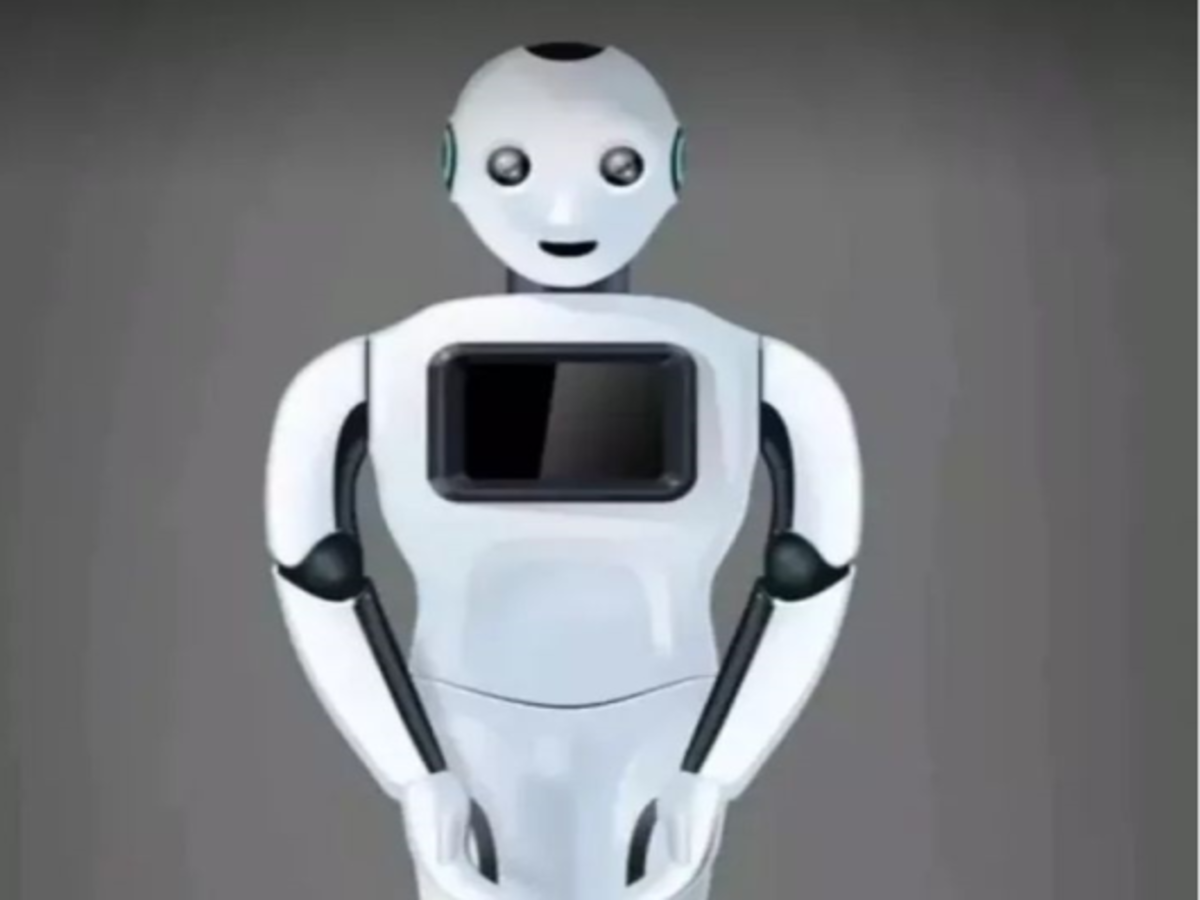In the ever-evolving landscape of technology, robotics has emerged as a driving force, revolutionizing industries across the globe. Japan, known for its technological advancements, stands at the forefront of this revolution. With a rich history of innovation and precision engineering, Japanese robotics companies have consistently pushed the boundaries of what’s possible. In this article, we’ll delve into the top 10 unique robotics companies in Japan that are making significant waves in 2023.
Introduction
The field of robotics has progressed beyond imagination, intertwining human ingenuity with cutting-edge technology. Japan’s role in shaping this evolution is undeniable, with its robotics companies being pioneers in various domains.
Advancements in Japanese Robotics
Japanese robotics companies have consistently set new standards through innovations that fuse artificial intelligence, machine learning, and mechanical engineering. These companies are not only transforming industries but also contributing significantly to societal well-being.
Company 1: RoboTech Innovations
RoboTech Innovations leads the way in creating humanoid robots that mimic human actions with astounding accuracy. Their recent breakthroughs in natural language processing have enabled robots to understand and respond to human commands more intuitively.
Company 2: Sakura Robotics Solutions
Sakura Robotics Solutions focuses on service robots designed to assist in healthcare and hospitality. Their robots are being deployed in hospitals and hotels to perform tasks like delivery, patient care, and customer service.
Company 3: Cybernetic Intelligence Systems
Cybernetic Intelligence Systems specializes in industrial robotics, with a focus on automation solutions for manufacturing processes. Their precise and efficient robots are enhancing production lines across various industries.
Company 4: TechNova Robotics
TechNova Robotics specializes in aerial drones and unmanned vehicles. They are at the forefront of developing drones for agricultural purposes, revolutionizing how crops are monitored and managed.
Company 5: Precision Automata
Precision Automata’s expertise lies in creating collaborative robots (cobots) that work alongside humans. These robots are designed to enhance productivity and safety in environments where human-robot interaction is crucial.
Company 6: AI Dynamics Japan
AI Dynamics Japan merges artificial intelligence with robotics, resulting in robots that can learn and adapt to new situations independently. Their robots are finding applications in disaster response and exploration.
Company 7: FutureMinds Robotics
FutureMinds Robotics specializes in educational robots that make learning engaging and interactive. These robots are designed to inspire the next generation’s interest in STEM fields.
Company 8: Nextronix Automation
Nextronix Automation focuses on advanced automation solutions for industries like automotive and electronics manufacturing. Their robots are known for their flexibility and adaptability to changing production needs.
Company 9: Quantum Robotics Group
Quantum Robotics Group pushes the boundaries of quantum mechanics applied to robotics. Their research in quantum sensors and processors is leading to robots with unprecedented levels of sensitivity and precision.
Company 10: InnovX Tech Corporation
InnovX Tech Corporation excels in the development of exoskeletons and wearable robotics. These devices have the potential to enhance mobility for individuals with physical disabilities and augment human strength in industrial settings.
Impact of These Companies on Industries
The innovative prowess of these Japanese robotics companies is transforming industries such as manufacturing, healthcare, agriculture, and education. These companies are not only improving efficiency and productivity but also addressing complex challenges.
Challenges and Future Prospects
While Japanese robotics companies are achieving remarkable feats, challenges such as ethical concerns, regulatory hurdles, and the need for continued innovation lie ahead. However, the future prospects remain promising as collaboration between humans and robots becomes more seamless.
Conclusion
Japanese robotics companies continue to shape the technological landscape with their groundbreaking innovations. From humanoid robots to quantum-powered sensors, these companies are redefining possibilities. As we move forward, the synergy between human creativity and robotic capabilities will undoubtedly lead us to new horizons.







Leave a Reply